Jeremy Clarkson questions the complexity of driving current F1 cars
Former Top Gear host Jeremy Clarkson questions whether Carlos Sainz's remarkable Australian GP win so soon after appendix surgery suggests modern F1 cars are too easy to drive.

Opening a new debate
Jeremy Clarkson, the celebrity motoring enthusiast, has ignited a debate within the Formula 1 community by questioning the difficulty of modern grand prix cars.
His skepticism stems from Carlos Sainz's heroic victory at the Australian Grand Prix, achieved just two weeks after undergoing appendix surgery – a feat that left many in awe of the Spaniard's determination.
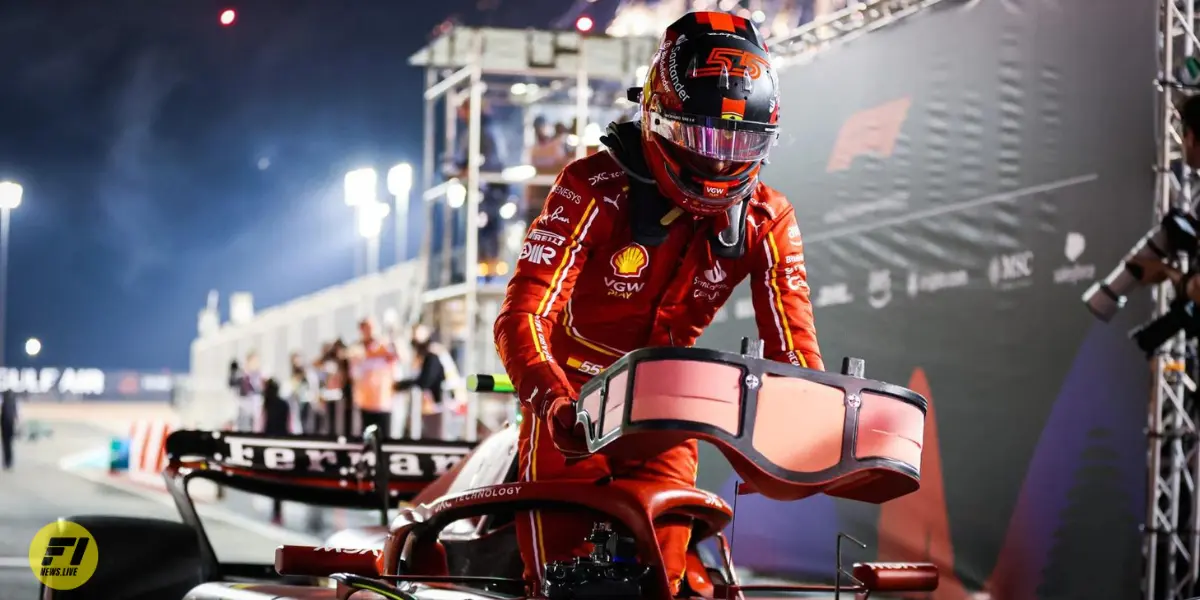
The physical challenge
Sainz himself admitted to driving with "a lot of discomfort and weird feelings" throughout the Melbourne weekend, having spent a "tough couple of weeks" bedridden.
However, the 29-year-old managed to push through the pain barrier, securing his third career win in impressive fashion.
Clarkson's doubts
In his column for The Sun, Clarkson expressed his doubts, writing:
"We keep being told that these F1 cars are road-going fighter jets. That they are a volcanic orgy of noise and G-forces. "
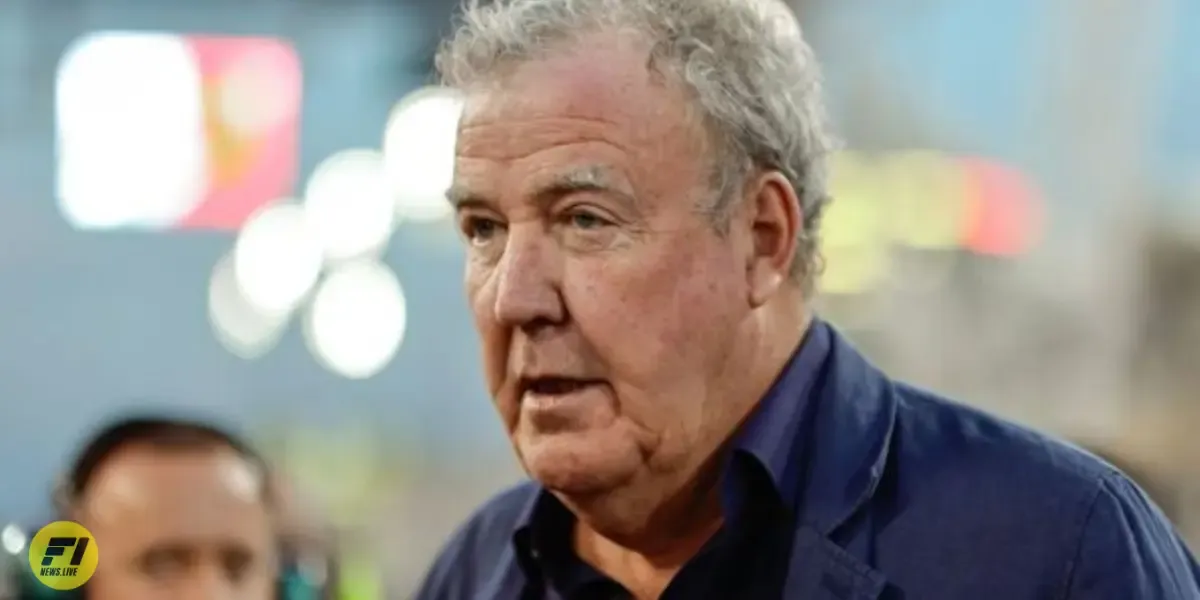
"And that you need to be superhuman to control one. Really?"
The former Top Gear host then pointed to Sainz's ability to race for nearly two hours while clearly in discomfort, suggesting that
"walking up to a Formula 1 car is actually harder these days than driving it."
Precedent and insight
Clarkson's remarks come after Williams driver Alex Albon missed the 2022 Italian Grand Prix due to appendicitis.
Albon, who suffered respiratory failure post-surgery, returned just three weeks later in Singapore, offering Sainz a glimpse into the challenges he would face.
Sainz acknowledged Albon's advice, stating:
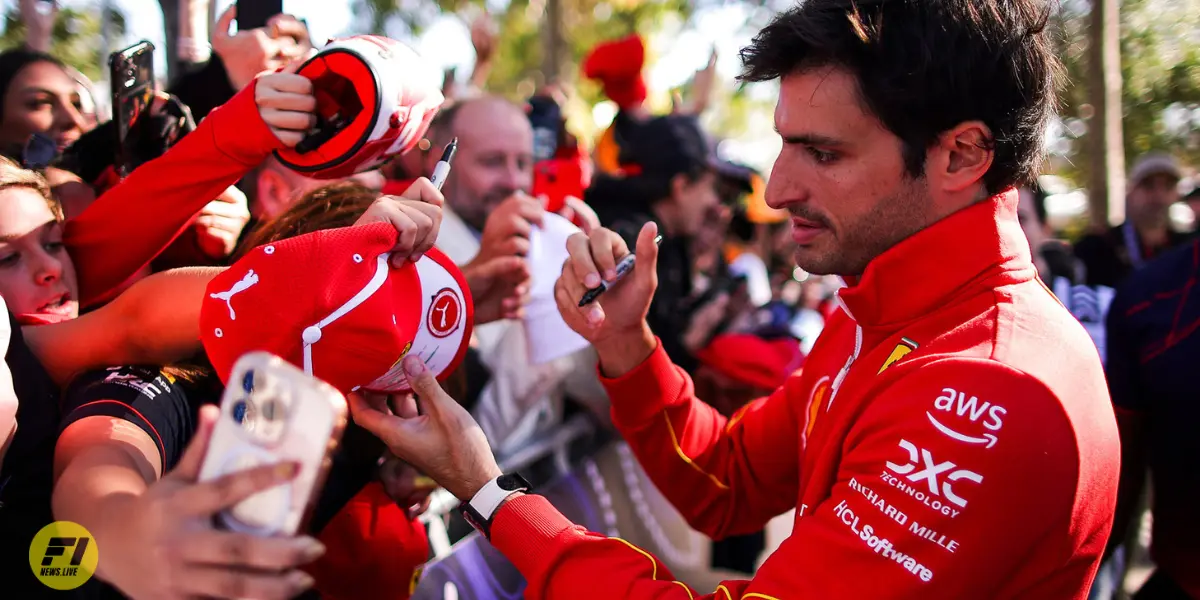
"He said when he got his appendix removed, just with the G-force, everything on the inside just feels like it's moving more than normal."
The Ferrari driver further elaborated on the "weird feeling" of the high G-forces affecting his recovery, but maintained that there was "no pain" and that he could "adapt to it."


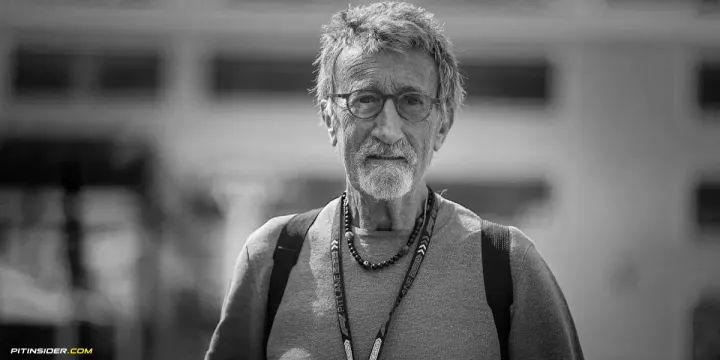
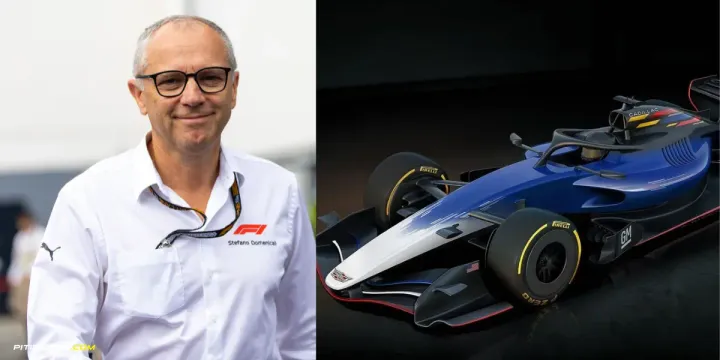
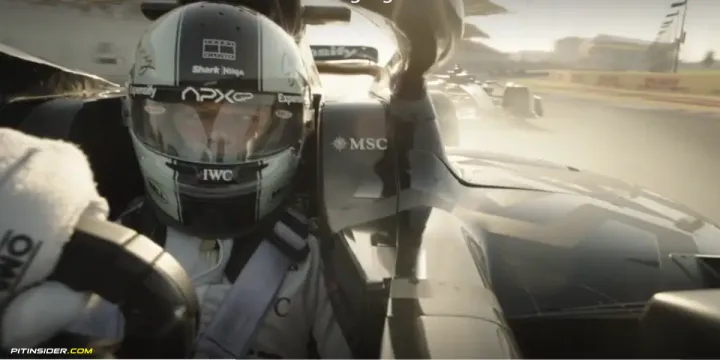
Comments ()